Green Sex for Climate’s Sake (Yes, Green Sex is a shade of green)
There is no single solution for climate change…but separating sex from childbearing represents an under appreciated opportunity to forestall climate disaster…for the climate, family planning’s potential benefits are profound.
Those are the words of my guest this week, Alisha Graves, who is the co-founder of the OASIS Initiative (a project of UC, Berkeley which focuses on reducing population growth and poverty in the Sahel region of Africa). Her recent article, “Green Sex for Climate’s Sake,” debates the link between carbon emissions and population, and the need to educate young women, as well as young men, about contraception, family planning and health. For more information go to: oasisinititative.berkeley.edu and projectdrawdown.org.
[soundcloud url=”https://api.soundcloud.com/tracks/282756262″ params=”color=ff5500&auto_play=false&hide_related=false&show_comments=true&show_user=true&show_reposts=false” width=”100%” height=”166″ iframe=”true” /]

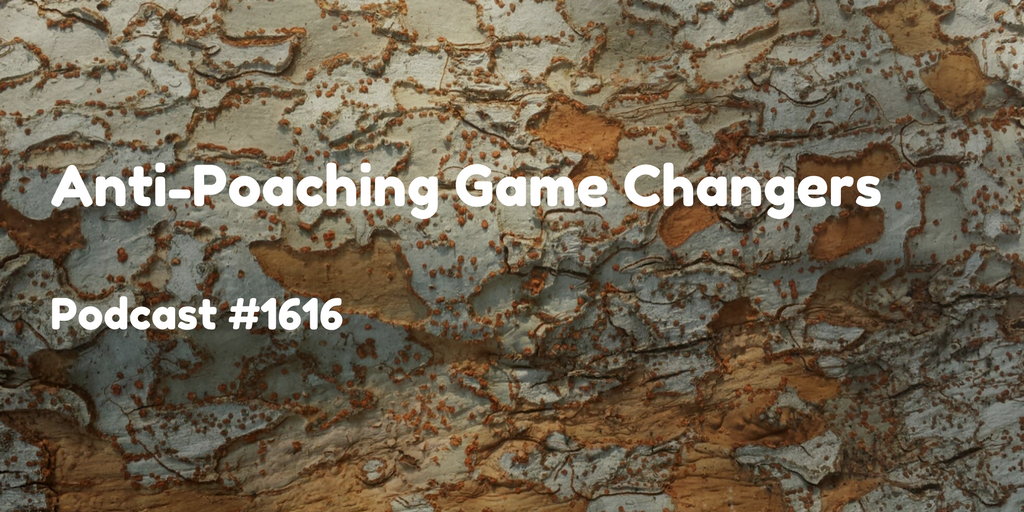
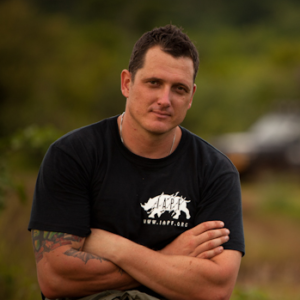 “Green” eco-warriors are working to protect rhinos and elephants, which are on the verge of extinction, as they are killed by poachers for their horns and tusks. My guest this week, Damien Mander, founder of the International Anti-Poaching Foundation, is working to train rangers in the preserves of Africa, via legal and direct tactics, to bring poachers to justice. He is a vegan and believes that animals suffer tremendously when they are raised for consumption, which is also a major contributor to climate change. Damien is starring in a James Cameron film called “The Game Changers”, which you can check out by going to gamechangers.com. For more information on the work of the International Anti-Poaching Foundation, go to iapf.org
“Green” eco-warriors are working to protect rhinos and elephants, which are on the verge of extinction, as they are killed by poachers for their horns and tusks. My guest this week, Damien Mander, founder of the International Anti-Poaching Foundation, is working to train rangers in the preserves of Africa, via legal and direct tactics, to bring poachers to justice. He is a vegan and believes that animals suffer tremendously when they are raised for consumption, which is also a major contributor to climate change. Damien is starring in a James Cameron film called “The Game Changers”, which you can check out by going to gamechangers.com. For more information on the work of the International Anti-Poaching Foundation, go to iapf.org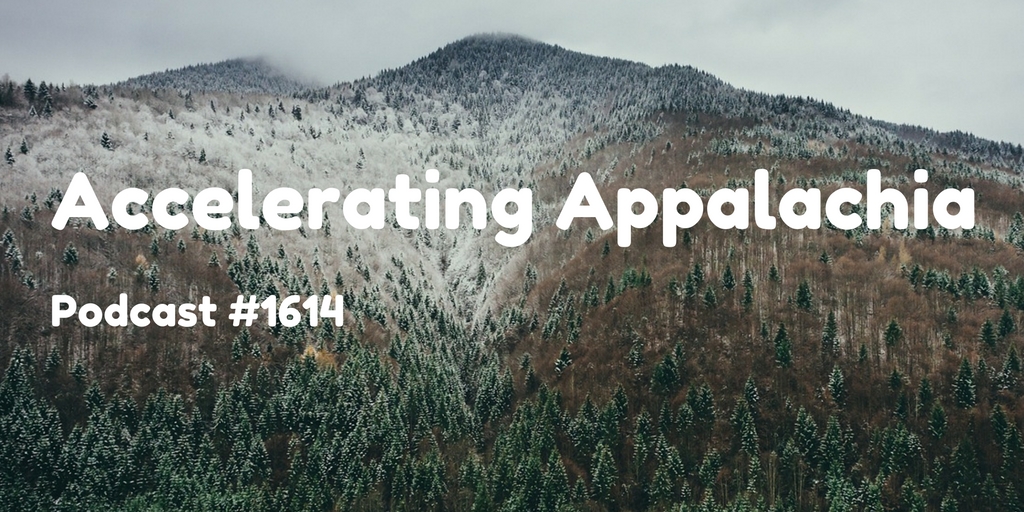
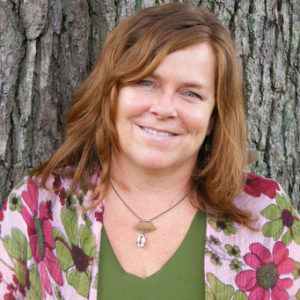 My guest this week is Sara Day Evans, Founder of Accelerating Appalachia, which provides social and economic assistance to nature based and local businesses in the vast region of Appalachia, which spans 12 states and has a population of 25 million people. It is one of the most bio-diverse regions on the globe, and new businesses that are based on food, farming and forests are providing jobs and promoting sustainability. Nature Based Businesses (NBB’s) are part of a movement to protect the earth, and maintain the beauty of the Appalachian region. To quote Ms. Evans “My advice to someone thinking of starting an accelerator or a business is this: Be resilient, stubborn, and focused, and love what you do.” For more info go to
My guest this week is Sara Day Evans, Founder of Accelerating Appalachia, which provides social and economic assistance to nature based and local businesses in the vast region of Appalachia, which spans 12 states and has a population of 25 million people. It is one of the most bio-diverse regions on the globe, and new businesses that are based on food, farming and forests are providing jobs and promoting sustainability. Nature Based Businesses (NBB’s) are part of a movement to protect the earth, and maintain the beauty of the Appalachian region. To quote Ms. Evans “My advice to someone thinking of starting an accelerator or a business is this: Be resilient, stubborn, and focused, and love what you do.” For more info go to 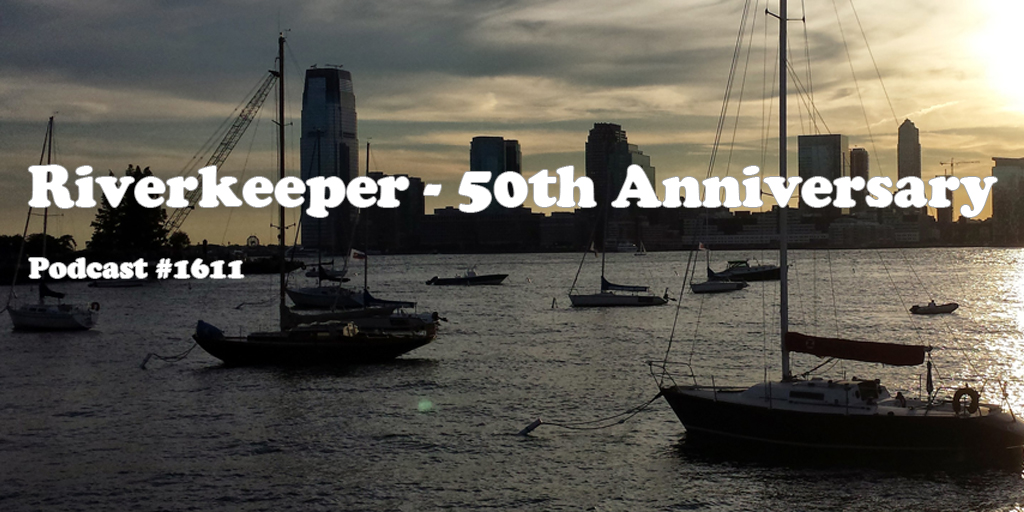
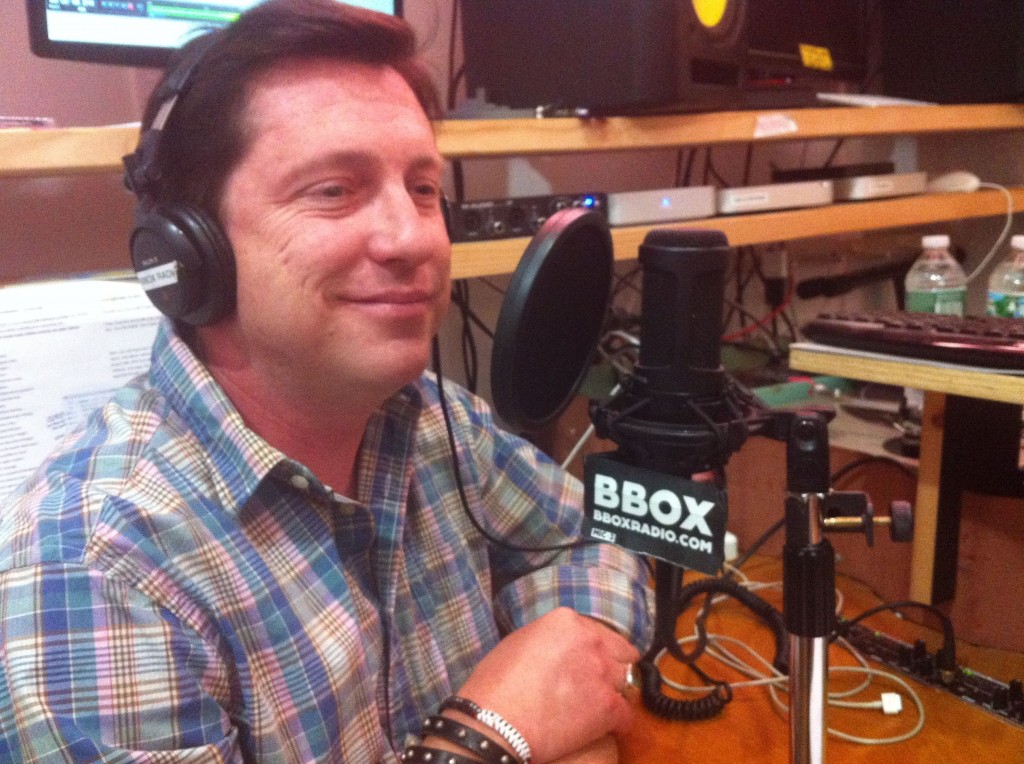 Riverkeeper, the guardian of the water, land and air celebrates its 50th Anniversary this year, and it is fitting to have friend of the show, John Parker, Director of Legal Programs at Riverkeeper, as my guest this week. We discuss all the great work Riverkeeper has done over these last five decades, as well as what they will continue to do to preserve and protect the environment. Keeping the waterways vibrant, and our drinking water clean, is essential to the health and well being of the citizens in New York State and beyond. To find out more about this great organization, go to
Riverkeeper, the guardian of the water, land and air celebrates its 50th Anniversary this year, and it is fitting to have friend of the show, John Parker, Director of Legal Programs at Riverkeeper, as my guest this week. We discuss all the great work Riverkeeper has done over these last five decades, as well as what they will continue to do to preserve and protect the environment. Keeping the waterways vibrant, and our drinking water clean, is essential to the health and well being of the citizens in New York State and beyond. To find out more about this great organization, go to 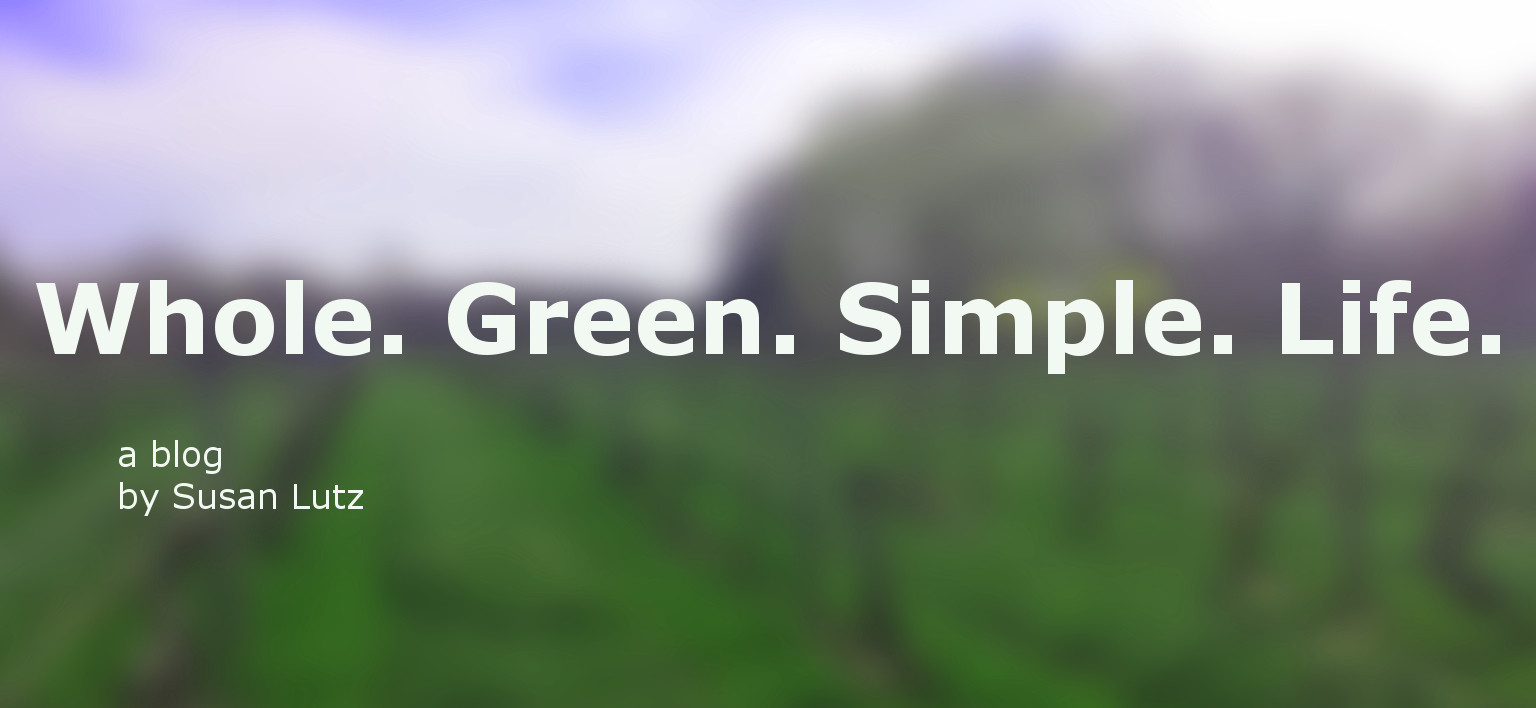
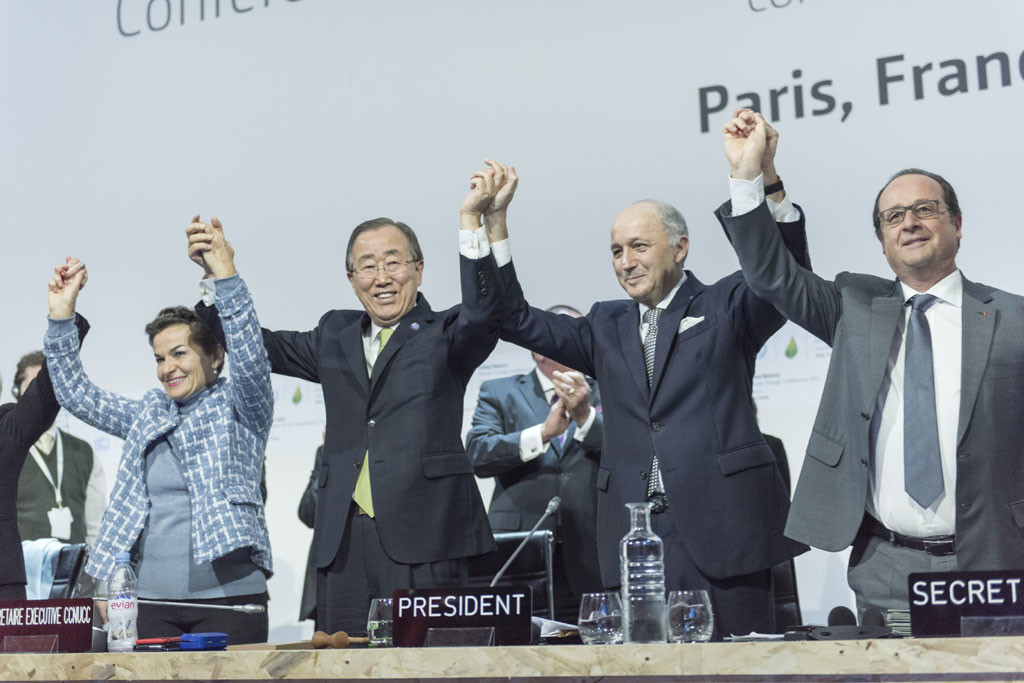
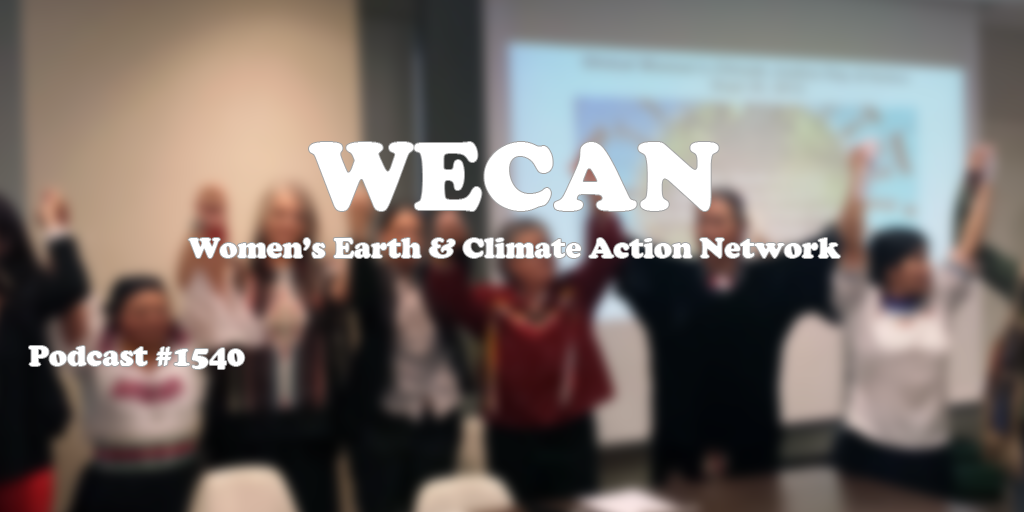
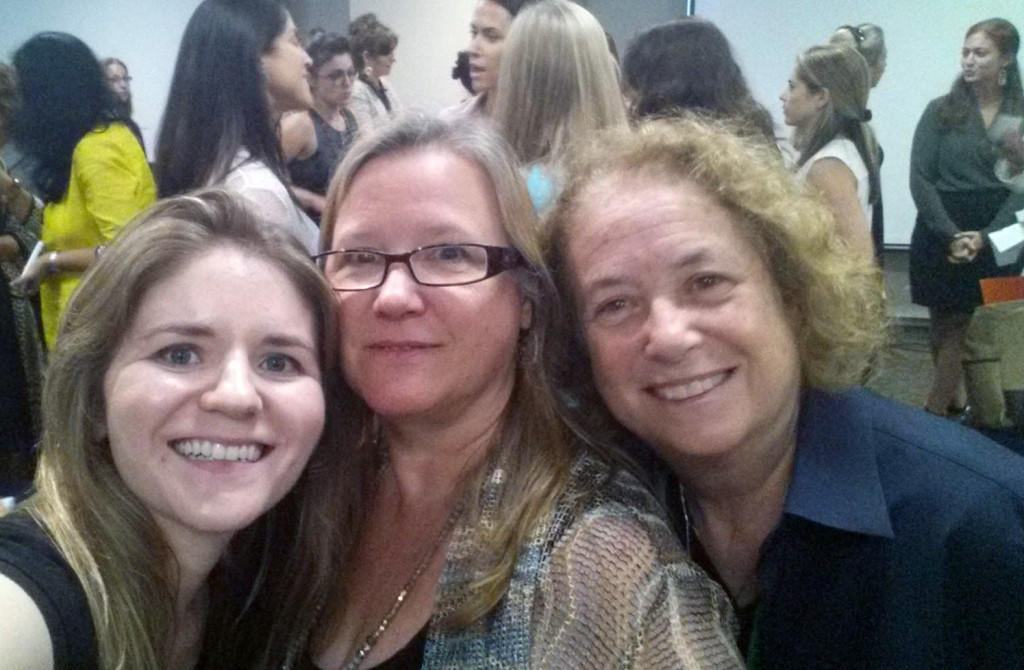 This weeks episode takes us to the Global Women’s Climate Justice Day of Action at the UN, sponsored by the Women’s Earth and Climate Action Network (WECAN). This event was attended by women from over 50 countries. To have such a collection of amazing women in one place, who presented stories of courage and resilience in combating climate change was deeply touching. Women play a key role in adapting solutions to climate change, and it was an honor to speak with WECAN founder Osprey Lake, environmentalist visionary Sally Ranney, as well as Neha Misra founder of Solar Sister, Harriet Shugarman Executive Director of ClimateMama, Executive Director of CELF Katie Ginsberg and student Coreena, and Patricia Gualinga-Montalvo, Indigenous Leader of Ecuador, whose interview was translated by Amazon Watch’s Executive Director Leila Salazar-López. For more information visit
This weeks episode takes us to the Global Women’s Climate Justice Day of Action at the UN, sponsored by the Women’s Earth and Climate Action Network (WECAN). This event was attended by women from over 50 countries. To have such a collection of amazing women in one place, who presented stories of courage and resilience in combating climate change was deeply touching. Women play a key role in adapting solutions to climate change, and it was an honor to speak with WECAN founder Osprey Lake, environmentalist visionary Sally Ranney, as well as Neha Misra founder of Solar Sister, Harriet Shugarman Executive Director of ClimateMama, Executive Director of CELF Katie Ginsberg and student Coreena, and Patricia Gualinga-Montalvo, Indigenous Leader of Ecuador, whose interview was translated by Amazon Watch’s Executive Director Leila Salazar-López. For more information visit 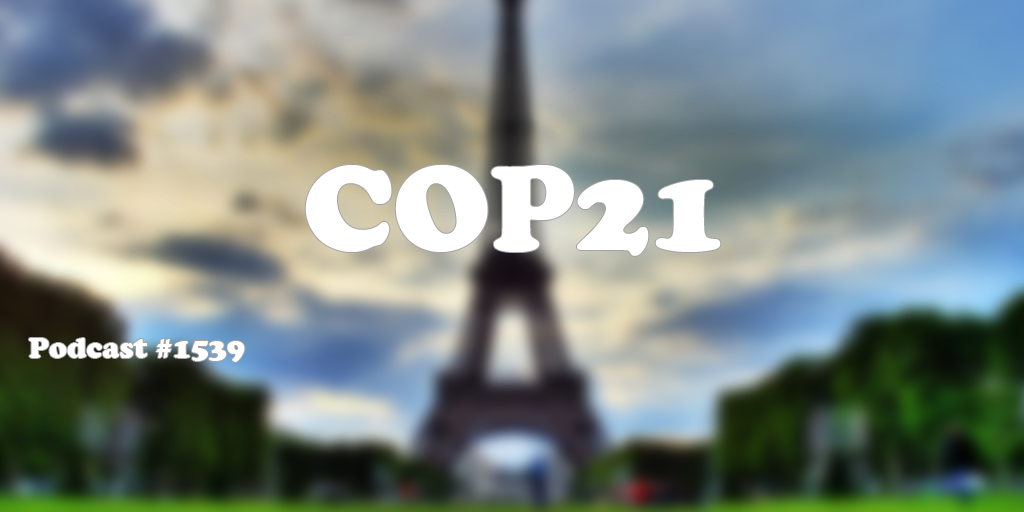
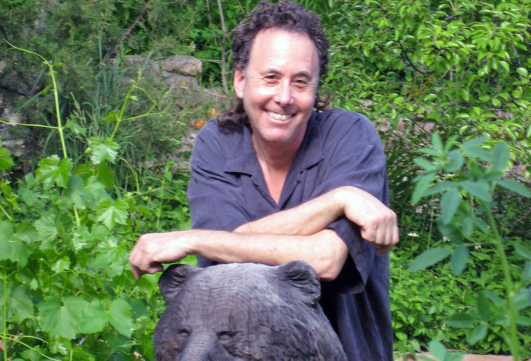
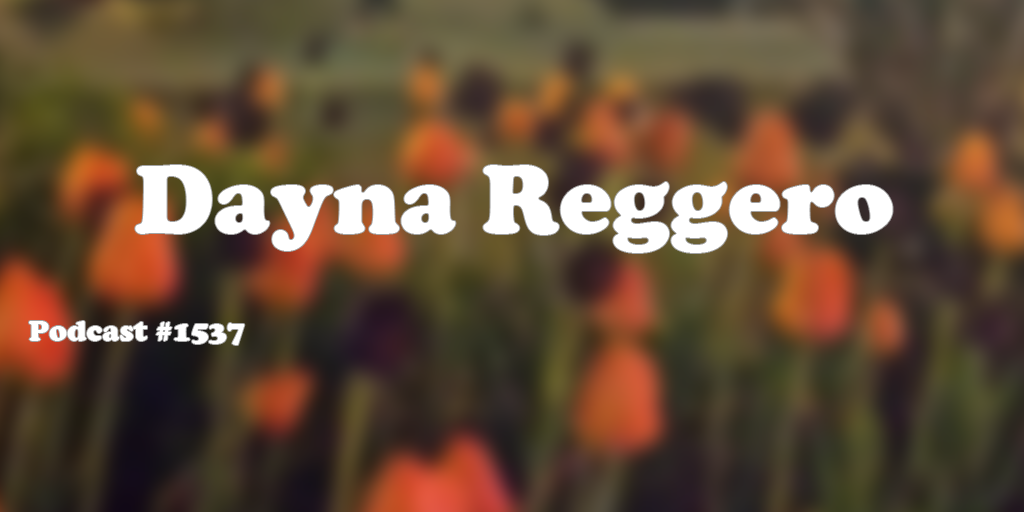
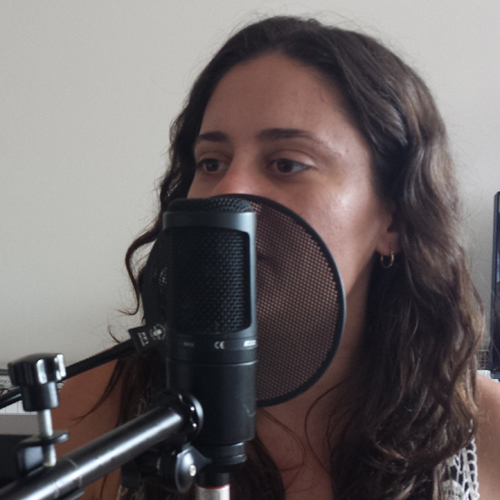 Billions of people around the globe are affected by the changes in climate every day. There are many stories that need to be told and many stories that need to be heard. My guest this week, Dayna Reggero, project director for the Climate Listening Project, has gathered stories from a variety of individuals and businesses about the direct effect of climate change on their lives and communities. Farmers, scientists, faith based and environmental groups are working towards solutions to adapt and build resilience to the extremes of climate change. We must connect actions to our words and work towards building a cleaner, greener world. Dayna has also been involved with the Showtime Series, Years of Living Dangerously, and has partnered with Laura Lengnick, author of the book Resilient Agriculture: Cultivating Food Systems in a Changing Climate. Dayna and Laura conduct storytelling workshops at colleges via the Cultivating Resilience Tour. For more info go to: daynareggero.com, @DaynaReggero and facebook.com/climatelisteningproject.
Billions of people around the globe are affected by the changes in climate every day. There are many stories that need to be told and many stories that need to be heard. My guest this week, Dayna Reggero, project director for the Climate Listening Project, has gathered stories from a variety of individuals and businesses about the direct effect of climate change on their lives and communities. Farmers, scientists, faith based and environmental groups are working towards solutions to adapt and build resilience to the extremes of climate change. We must connect actions to our words and work towards building a cleaner, greener world. Dayna has also been involved with the Showtime Series, Years of Living Dangerously, and has partnered with Laura Lengnick, author of the book Resilient Agriculture: Cultivating Food Systems in a Changing Climate. Dayna and Laura conduct storytelling workshops at colleges via the Cultivating Resilience Tour. For more info go to: daynareggero.com, @DaynaReggero and facebook.com/climatelisteningproject.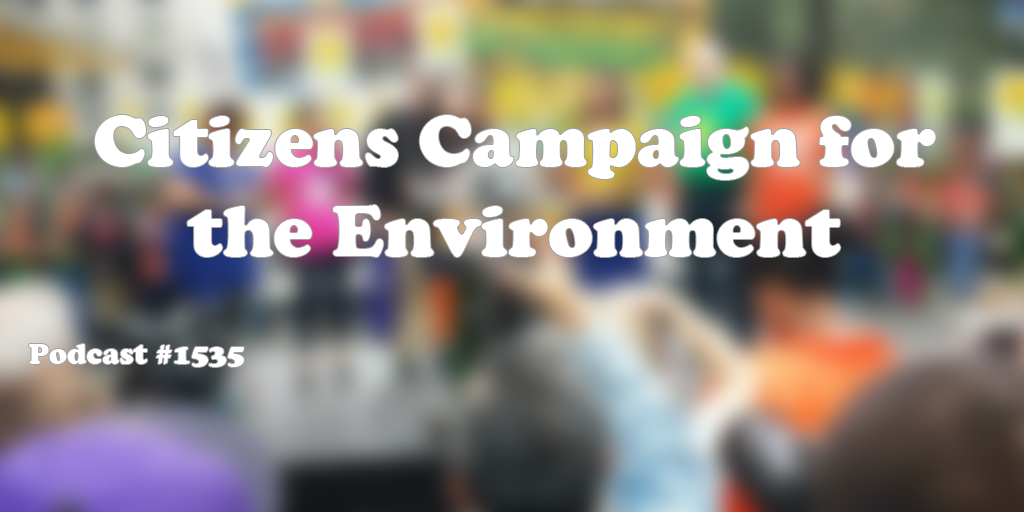
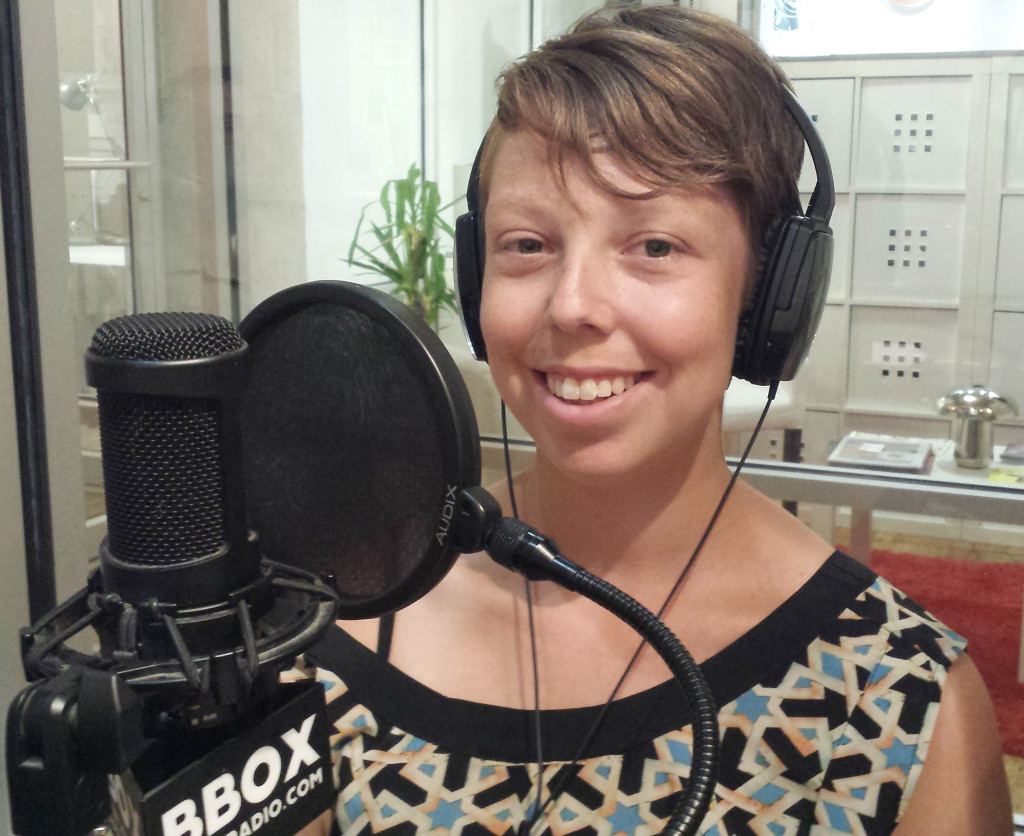 Microbeads are not part of a kids craft project, they are tiny plastic particles which are entering the wildlife and human populations. My guest this week, Jordan Christensen, is the Program Coordinator for the Citizens Campaign for the Environment, and she is working to put pressure on our elected officials to ban the use of microbeads. She is also working on projects to limit raw sewage and toxins from entering the waterways, as well as reducing use of chemicals in schools. We have to write letters to our local and national representatives to let them know that Earth comes first. Go to www.citizenscampaign.org for more information.
Microbeads are not part of a kids craft project, they are tiny plastic particles which are entering the wildlife and human populations. My guest this week, Jordan Christensen, is the Program Coordinator for the Citizens Campaign for the Environment, and she is working to put pressure on our elected officials to ban the use of microbeads. She is also working on projects to limit raw sewage and toxins from entering the waterways, as well as reducing use of chemicals in schools. We have to write letters to our local and national representatives to let them know that Earth comes first. Go to www.citizenscampaign.org for more information.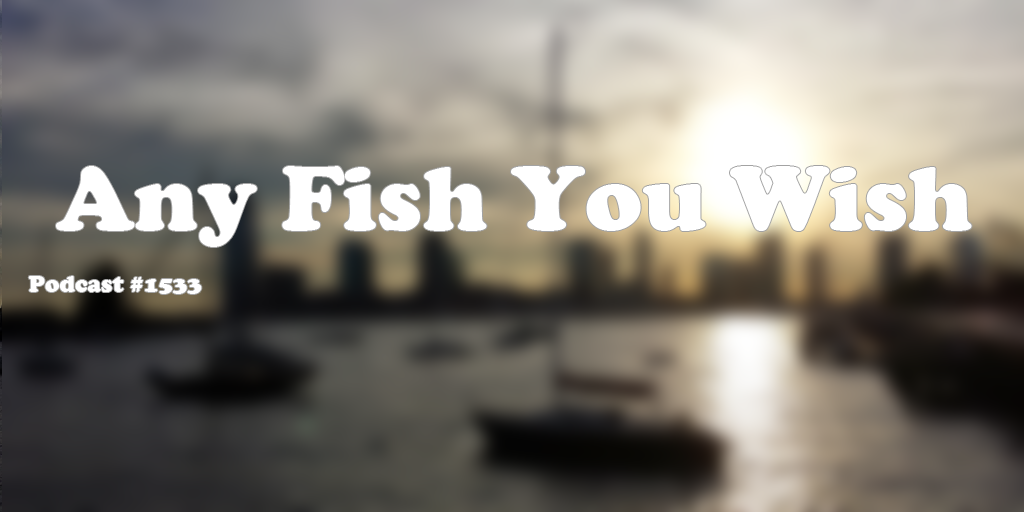
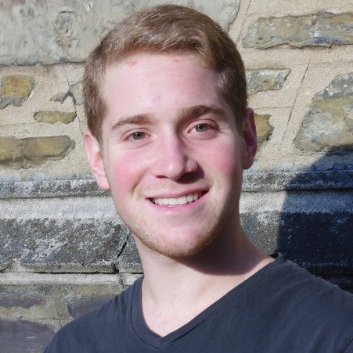 In the 1984 film Flamingo Kid, Matt Dillon’s character Jeffrey Willis, dines with his family at Larry’s Fish House, where the slogan is “Any Fish You Wish”. Cut to the summer of 2015, and my guest Noah Bressman, who is a budding marine biologist at Cornell University, has a big wish. That wish is to encourage more sustainable fishing practices on both the industry side and the sporting side. Fisherman should catch and release fish not caught for food. Regulations should be enforced to ensure more sustainable fisheries and fishing practices. Find out what mummichogs are, and how Noah’s research on that ‘intertidal killfish’ was featured on the Discovery Canada Show, The Daily Planet. Learn about what the signs at your local grocery fish counters mean when they say “all natural”, “wild caught” or “certified sustainable”. Noah is making great strides in his research, and he will continue to do great things in years to come. For more information visit Noah’s Facebook Page:
In the 1984 film Flamingo Kid, Matt Dillon’s character Jeffrey Willis, dines with his family at Larry’s Fish House, where the slogan is “Any Fish You Wish”. Cut to the summer of 2015, and my guest Noah Bressman, who is a budding marine biologist at Cornell University, has a big wish. That wish is to encourage more sustainable fishing practices on both the industry side and the sporting side. Fisherman should catch and release fish not caught for food. Regulations should be enforced to ensure more sustainable fisheries and fishing practices. Find out what mummichogs are, and how Noah’s research on that ‘intertidal killfish’ was featured on the Discovery Canada Show, The Daily Planet. Learn about what the signs at your local grocery fish counters mean when they say “all natural”, “wild caught” or “certified sustainable”. Noah is making great strides in his research, and he will continue to do great things in years to come. For more information visit Noah’s Facebook Page: 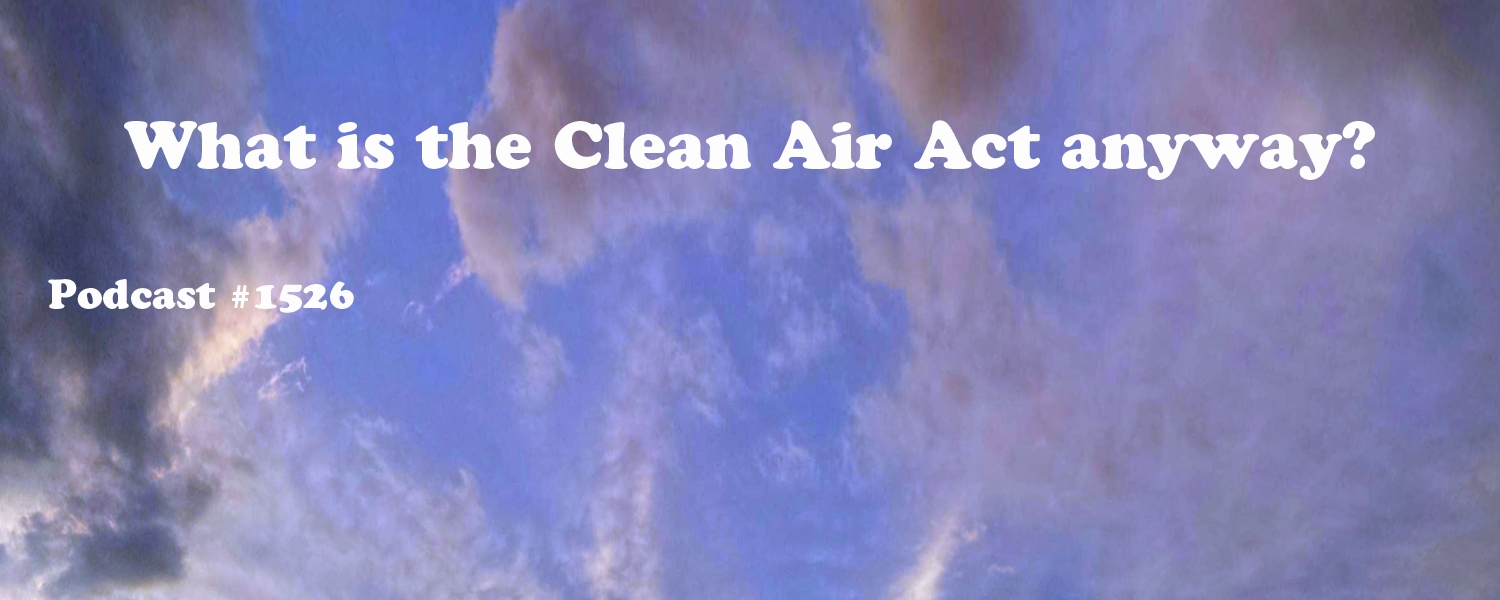
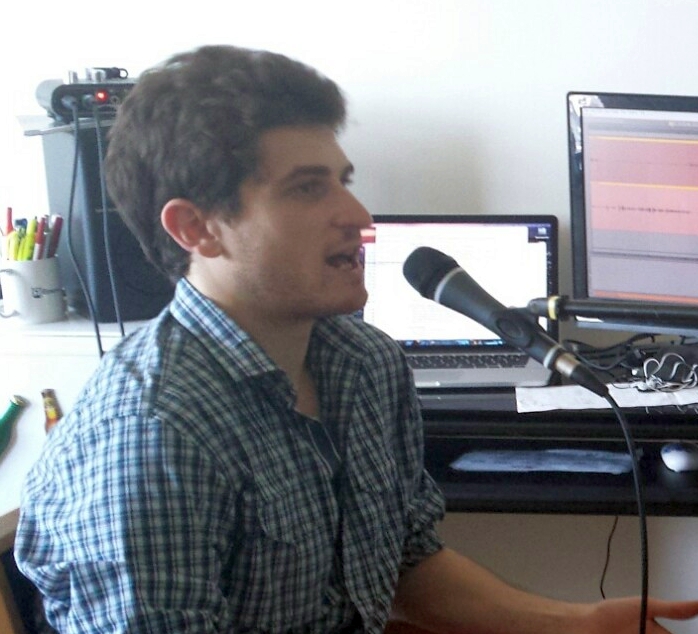 Why are environmental regulations important in helping reduce greenhouse gas emissions? The Clean Air Act and the Clean Power Standard Rule have been put into place to keep the air, land and water safe, in order to reduce the negative health effects of pollutants. Join me and my special guest, Elon D. Rubin, Esq., Environmental lawyer, entrepreneur, techie, musician and most importantly my awesome son, as we talk about the environmental regulatory process, and how citizens can participate in the process. The climate is changing, and we must be proactive in being resilient and adaptive to current and future climate challenges. For more information visit Edrlaw.com and epa.gov.
Why are environmental regulations important in helping reduce greenhouse gas emissions? The Clean Air Act and the Clean Power Standard Rule have been put into place to keep the air, land and water safe, in order to reduce the negative health effects of pollutants. Join me and my special guest, Elon D. Rubin, Esq., Environmental lawyer, entrepreneur, techie, musician and most importantly my awesome son, as we talk about the environmental regulatory process, and how citizens can participate in the process. The climate is changing, and we must be proactive in being resilient and adaptive to current and future climate challenges. For more information visit Edrlaw.com and epa.gov.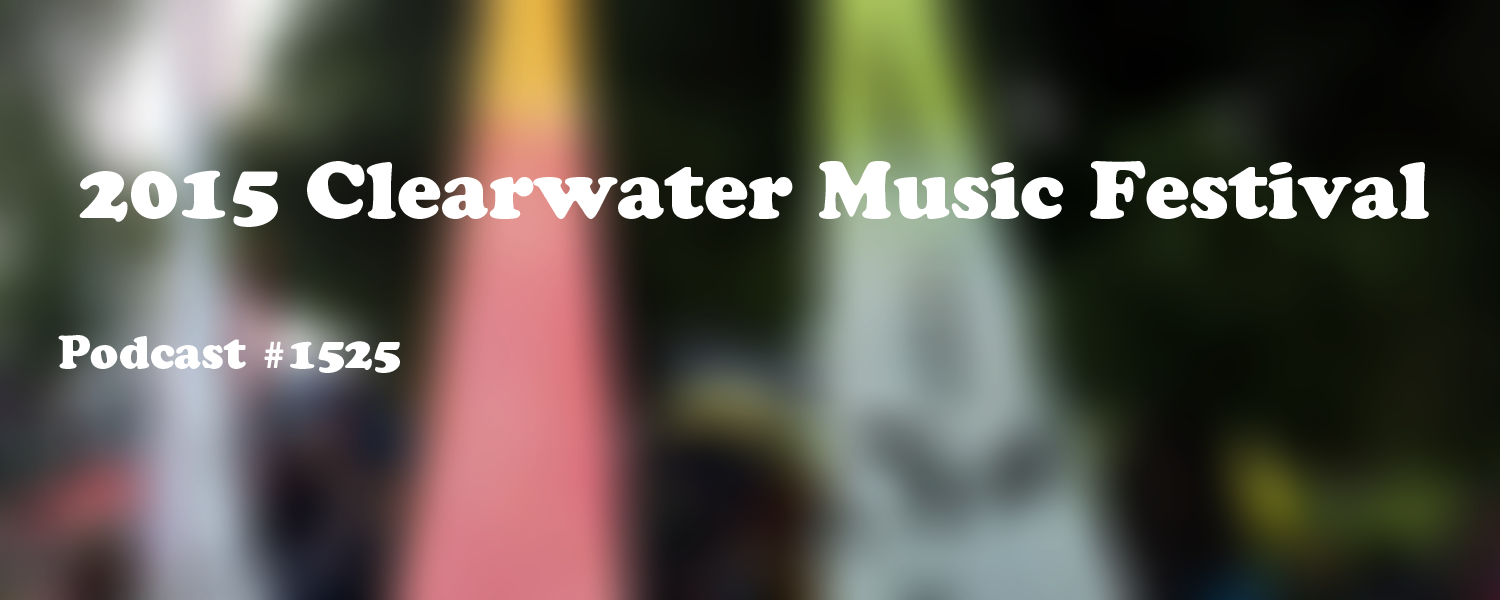
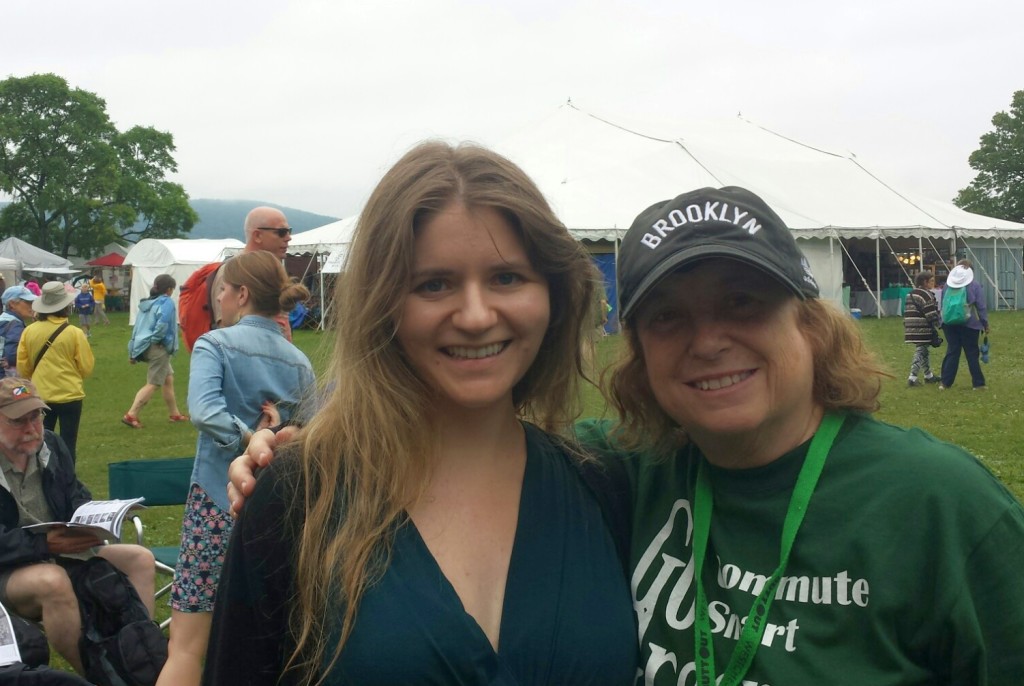 Neither rain, nor fog, nor soggy dew could dampen the spirit of the Clearwater 2015 Festival. We spoke to many environmental activists and green entrepreneurs who are creating ideas, and spreading the message about the need to be proactive stewards of Mother Earth. Music echoed throughout the festival, with many performers motivating the populace to take a stand and raise their voices on environmental and social justice issues. Music icon David Crosby, sang new songs with lyrics that commented on the nation’s current state of affairs, and implored people to email, call or show up at the offices of their elected officials and make some noise. Pete Seeger would have been proud to see his vision perpetuated. For more info go to
Neither rain, nor fog, nor soggy dew could dampen the spirit of the Clearwater 2015 Festival. We spoke to many environmental activists and green entrepreneurs who are creating ideas, and spreading the message about the need to be proactive stewards of Mother Earth. Music echoed throughout the festival, with many performers motivating the populace to take a stand and raise their voices on environmental and social justice issues. Music icon David Crosby, sang new songs with lyrics that commented on the nation’s current state of affairs, and implored people to email, call or show up at the offices of their elected officials and make some noise. Pete Seeger would have been proud to see his vision perpetuated. For more info go to